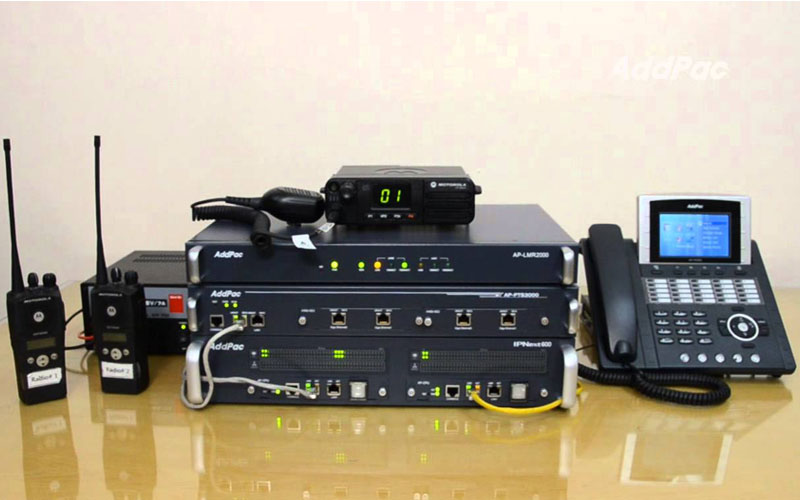When using radios for communication, accessibility and the ability for cross-hardware communication are critical. As radios are often used for communication during an emergency or for emergency and safety service providers such as fire departments, compatible communication standards are needed to keep others safe. The p25 network helped create international standards for radios used by public safety agencies, from the local to the federal level. This standardization helped reduce issues with communication and overcome various technical issues and made it, so safety agencies were able to quickly and effectively share communication during events when time was of the utmost importance. Implantation of the P25 Network continues with the addition of greater multimedia capacity and high-speed data, which can be used for voice and video transfer.
Other advancements in communication technology include radio over IP. The use of Internet protocol to transmit communication is not a new concept, and VoIP (voice over Internet protocol) is a common phone system found in many homes and businesses. This technology can also be used for radio devices. Much like with phone calls, the internet backbone takes the place of more traditional methods of signal transport. This is not only cost-efficient, it also has several other advantages.
Advantages of RoIP
Using the internet for radio signal communication offers benefits in addition to making use of newer technology. Some of these include the following.
1. More Cost Efficient:
Using RoIP is highly efficient from a price standpoint for radio systems and those who operate them. Reasons for this improved cost point include making use of existing internet infrastructure for radio signal transport, increased accessibility (and equipment), means these systems can be implemented relatively easily, reduced monthly fees, the ability to share resources among existing internet infrastructure, and flexibility in the selection of radio equipment used allowing you to seek out equipment that fits your needs.
2. Improved Productivity:
The use of RoIP allows you to build a radio network that fits your exact needs. This allows you to improve the management of the system, centralize maintenance needs, centralize maintenance and configurations, improve local incident responses, and have more efficient regional command and management.
3. Flexibility For Your Needs:
VoIP radio over internet protocol is a highly flexible system for establishing your radio communication channel. Some of the key benefits of this flexibility include the ability to link multiple sites together over a far distance, staged migration from analog radio equipment to more modern RoIP systems, and the ability to easily add new locations as needed or temporary sites for incident response needs.
4. Reliability:
Radio equipment is often used for critical situations. With this type of communication, stability, and reliability is of the highest importance. With RoIP, you can make use of various network points and backups in case of emergencies to reduce downtime.
5. Equipment Interoperability:
When using a RoIP system, you have a wide range of radio equipment to choose from. This means you can mix and match radio types from different manufacturers. With a RoIP backend, you can connect all these different devices together and make use of the various features each offers. Traditional radio connections could have comparability issues when trying to connect devices from different manufacturers, which is one issue P25 was designed to correct and that RoIP can also help with.
Final Thoughts
Technological improvements have led to more effective and affordable forms of communication in several areas of business and daily living. These improvements have also made radio communication more efficient and flexible. Making use of the newest technology and agreed-upon industry standards allows you to have radio systems that are dependable and allow you to successfully manage your communication needs and how you respond to them.











